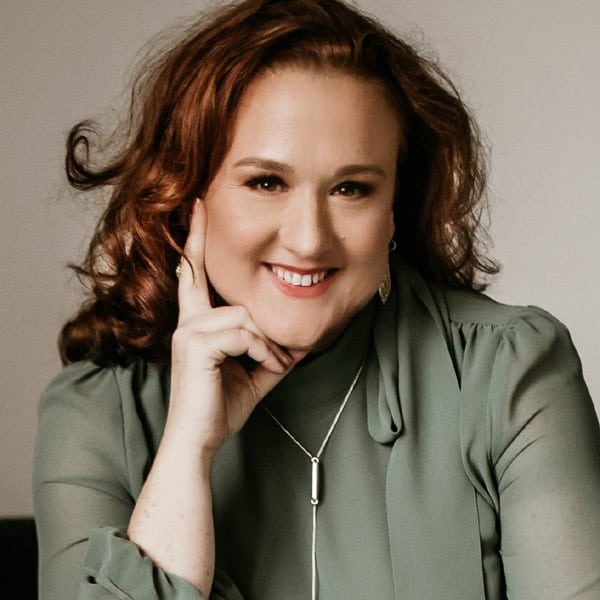
Amy Carter, Managing Shareholder
I’ve been practicing law in big cities across the country for two decades, but I’m a small-town girl. I grew up in a sawmill town of about 750, tucked in Oklahoma’s southeastern corner and never knew a lawyer before going to law school. But I did know lots of hardworking people who struggled to make ends meet while raising their families. For them, an accident, an injury, or an unexpected loss was devastating and life-changing. Back then, I just thought those were the hard knocks of life until my high school English teacher, who wanted to be a lawyer, encouraged me to think about a career in law.







